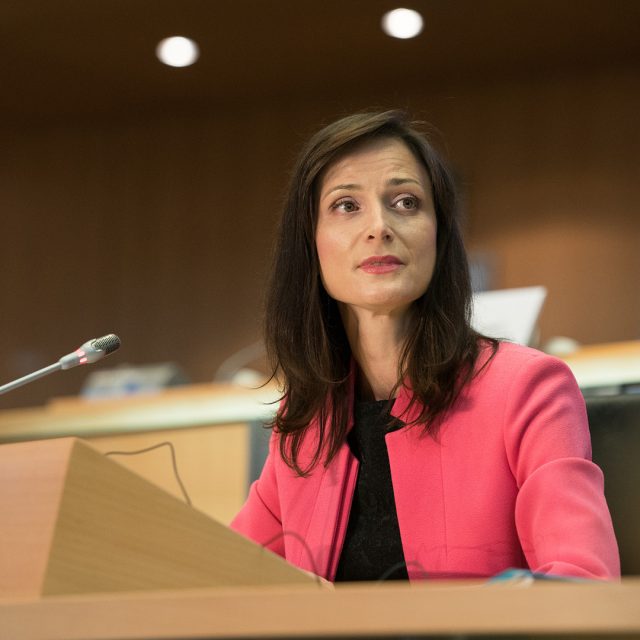Following dialogue with the European Commission and national consumer authorities, Booking.com has committed to make changes in the way it presents offers, discounts and prices to consumers. Once these new changes are fully applied by the company, consumers should be better able to make informed comparisons in line with the requirements of EU consumer law.

Didier Reynders, Commissioner for Justice and Consumers, said: “All companies must meet our high consumer law standards if they want to do business in the EU. As a market leader, it is vital that companies like Booking.com meet their responsibilities in this area, ensuring that online accommodation reservation systems are free from manipulative techniques such as hiding sponsoring in ranking, unduly putting time pressure on users or misrepresenting rebates. The European Commission and national consumer authorities will continue to monitor all online travel platforms to ensure a fair online environment for consumers.”
The European Commission and national consumer protection (CPC) authorities assessed the commitments that Booking.com proposed at EU/EEA level, following contacts spanning the last year. CPC authorities are confident that the commitments will bring the company’s practices in line with the requirements of EU consumer law.
Booking.com has committed to make the following changes to their practices by 16 June 2020 at the latest:
- Make clear to consumers that any statement such as “last room available!” refers only to the offer on the Booking.com platform;
- Not present an offer as being time-limited if the same price will still be available afterwards;
- Clarify how results are ranked and, whether payments made by the accommodation provider to Booking.com have influenced its position in the list of results;
- Ensure that it is clear when a price comparison is based on different circumstances (e.g. stay dates) and not present that comparison as a discount;
- Ensure that price comparisons presented as discounts represent genuine savings, e.g. by providing details about the Standard Rate price taken as a reference;
- Display the total price that the consumers will have to pay (including all unavoidable charges, fees and taxes that can reasonably be calculated in advance) in a clear and prominent way;
- Present sold-out accommodation in a position in the search results that is appropriate to the search criteria;
- Clearly indicate whether an accommodation is offered by a private host or a professional.
As next steps, national consumer protection authorities will assess the implementation of these commitments. These were made without prejudice to any other assessment of compliance with consumer law principles that authorities may raise in the context of national administrative or judicial proceedings. Under the coordination of the Commission, the authorities will also assess the practices of other major online travel services platforms.
The EU Consumer Protection Cooperation (CPC) regulation links national consumer authorities in a pan-European enforcement network. On that basis, a national authority in one EU country can request the assistance of their counterpart in another EU country to stop a cross-border infringement of EU consumer law.
The regulation which will be applicable as of 17 January 2020, will reform this current framework by extending its scope to allow cooperation in new areas such as infringements of short duration or fighting misleading advertising campaigns.
It will also strengthen the powers of the competent authorities to cooperate in the cross-border context, and especially to tackle bad online practices more quickly. It will put in place stronger coordinated mechanisms to investigate and tackle widespread infringements.
The new directive part of the New Deal For Consumers, was adopted on 27 November 2019 and amends existing EU consumer law instruments by further enhancing transparency for consumers when they buy on online marketplaces, make online searches or consult user reviews.




